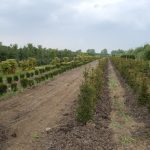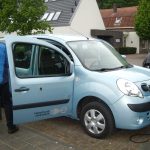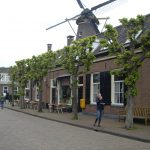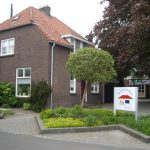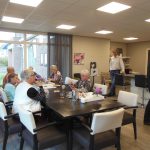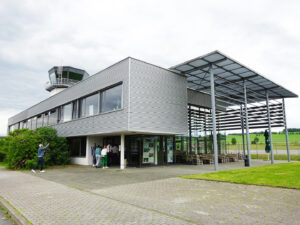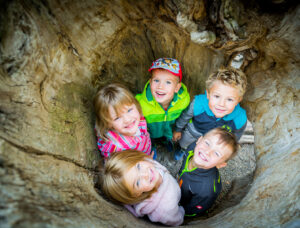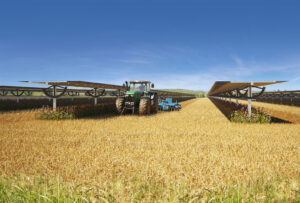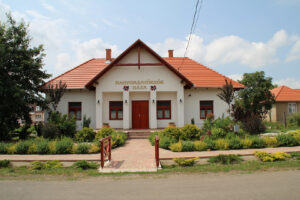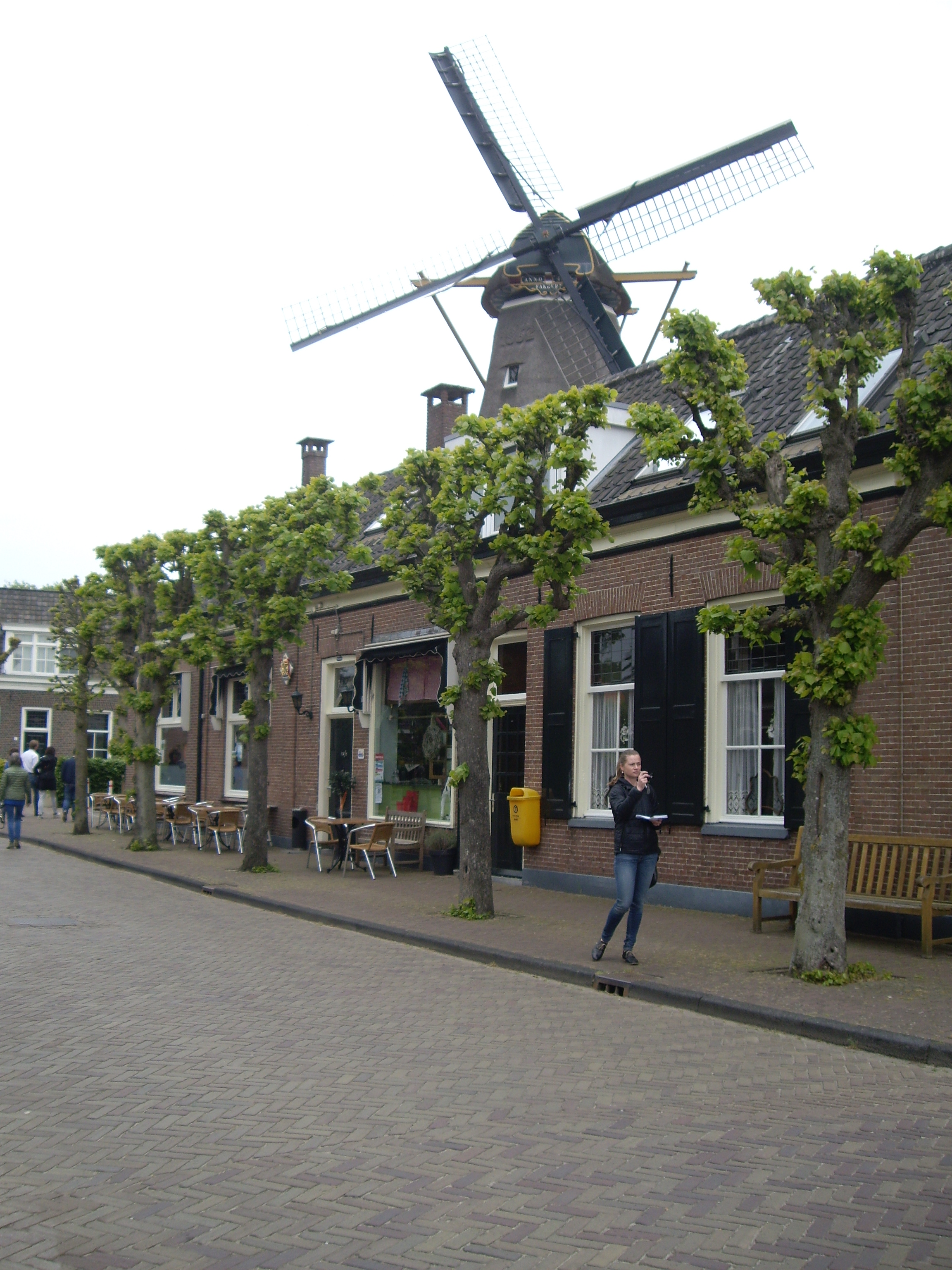
Hoonhorst, Netherlands
Hoonhorst has 1.200 inhabitants and is one of six parts of the municipality Dalfsen, around 14 kilometres from the province capital Zwolle (Overijssel). Just over half of the population lives in the core village, the rest resides in the outer area which is characterised by numerous agricultural enterprises.
Although Hoonhors profits from the proximity to the city and barely has to face a decrease of population, the demographic change in all its facets as well as the global challenges in the field of climate change were decisive for the initiation of the development process. The common commitment of the village community – organised within the village association “Duurzaam Hoonhorst” (Sustainable Hoonhorst) – to target ecological, economical and social sustainability during the development triggered an exemplary tranformation process.
Key players in this are the agricultural and gardening enterprises. The construction of a local heat system based on wood chips (dried by heat created by composting plant waste) lead to a win-win-situation on many levels: The elementary school, church, mill and culture center are heated with this energy, resulting in lower Co2-emissions and heat costs; and the compensation for electricity fed into the grid mean a constant income for the village which is essential for future projects. Energy-saving-contests within the village, the purchase of an e-car that can be rented with a voluntary driver or for personal use, the common energetic restoration of private homes, the installation of more than 2.000 photovoltaic modules on public and private roofs as well as LED-lights on the sporting ground express the amazing contributions to climate protection.
The inclusion of school children in nature protection matters, the communal gathering of leaves in the fall for composting, the farming of a village vegetable field and the operation of a repair-café point out the broad spectrum of initiatives. The reconstruction of the culture center as a low-energy-house, made possible only by many hours invested by the population, is remarkable due to its high quality and visible harmony with other building substances. This quality can also be seen within the urban structures. The compact settlement structure results in short distances, such as to the newly reconstructed local supplier in the village core, which is supported by mobile salesmen.
Especially for senior citizens, a meeting place from which all help services are organized, was created in collaboration with the church community. Two barrier-free apartments will soon be constructed. Additionally, eight new starter houses will be built in order to create living space for young inhabitants that partly studies in nearby Zwolle.
The communication within the village can be considered key to their success: formal and informal meetings and the use of social networks are as motivating as the inclusion of school, associations and even the university. Also remarkable is the high local, regional and national connectedness and conscious focus on partnerships for the exchange of knowledge and experience. Not one big masterplan is the strategy, but the social togetherness, the common effort and the willingness to “be open” to unconventional solutions.
Het dorp Hoonhorst (Nederlandse) heeft jaren geleden een indrukwekkend dorpsontwikkelingsproces opgestart, waarin consequent economische, ecologische en sociale aspecten zijn vervlochten. Op een, vanuit internationaal perspectief bezien, imponerende wijze worden bottom-up innovatieve strategieën en financieringsmodellen ontwikkelt die anderen tot voorbeeld strekken. De sanering van het Kulturhus, de realisering van een houtsnippergestookte dorps-centrale-verwarminginstallatie en de plaatsing van zonnepanelen op zowel private daken als ook op gemeenschapsvoorzieningen werden en worden breed gedragen in de dorpsgemeenschap. Daarmee bespaart men niet alleen op de daarmee samenhangende investeringen en exploitatielasten, door de betaling van marktconforme prijzen voor de duurzaam opgewekte energie heeft men ook een eigen “bank” gecreëerd van waaruit nieuwe investeringen ter hand kunnen worden genomen. De aanschaf van een elektrische dorpsdeelauto, de inzet van vrijwillige chauffeurs, de materieel-o-theek (share-economy), het tezamen met de woningcorporatie realiseren van woningen voor starters zijn andere succesvolle projecten die tonen dat Hoonhorst niet alleen openstaat voor maatschappelijke vraagstukken maar deze ook, tot voorbeeld voor anderen, oppakt.
Evaluated: 2016

